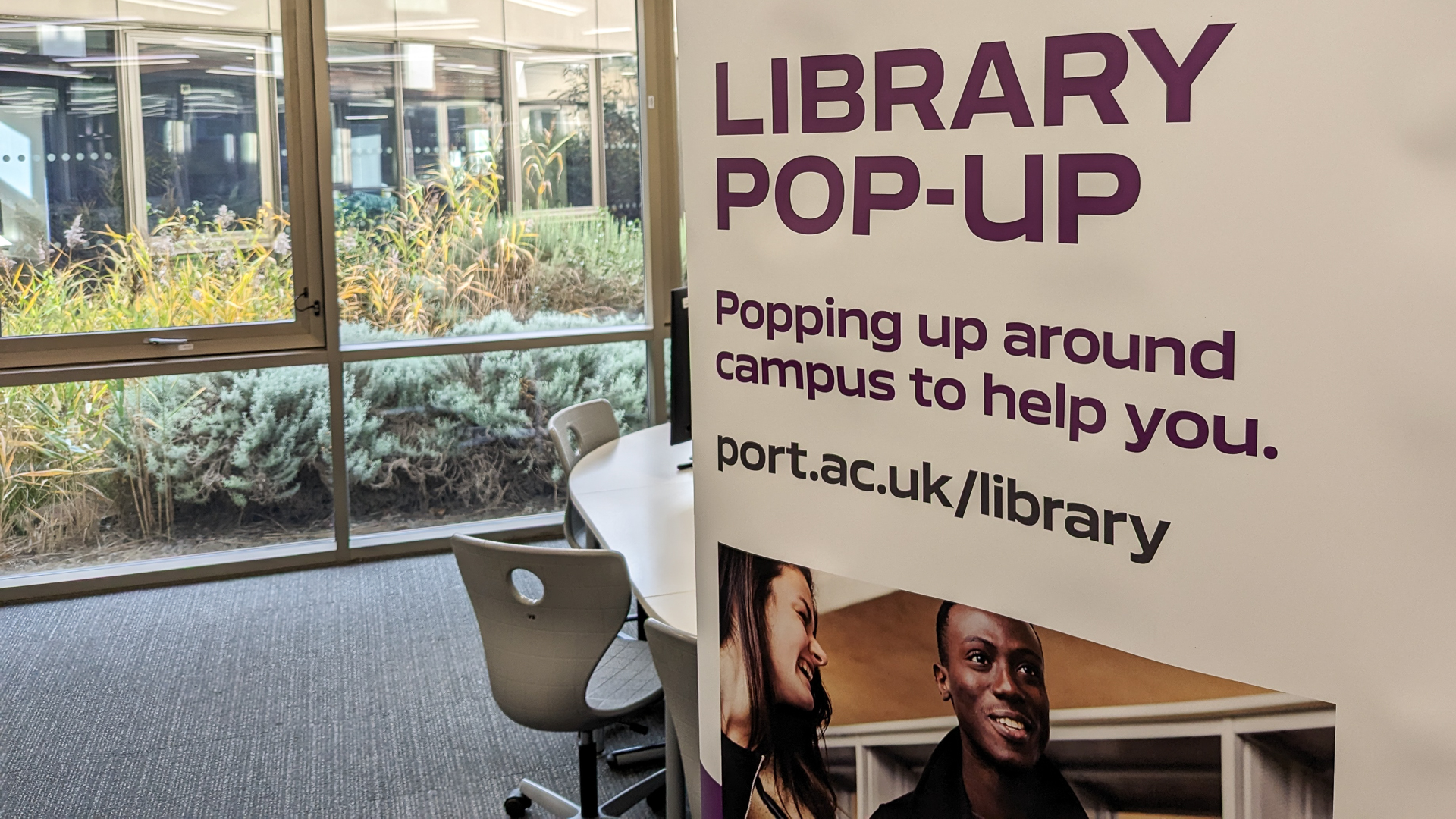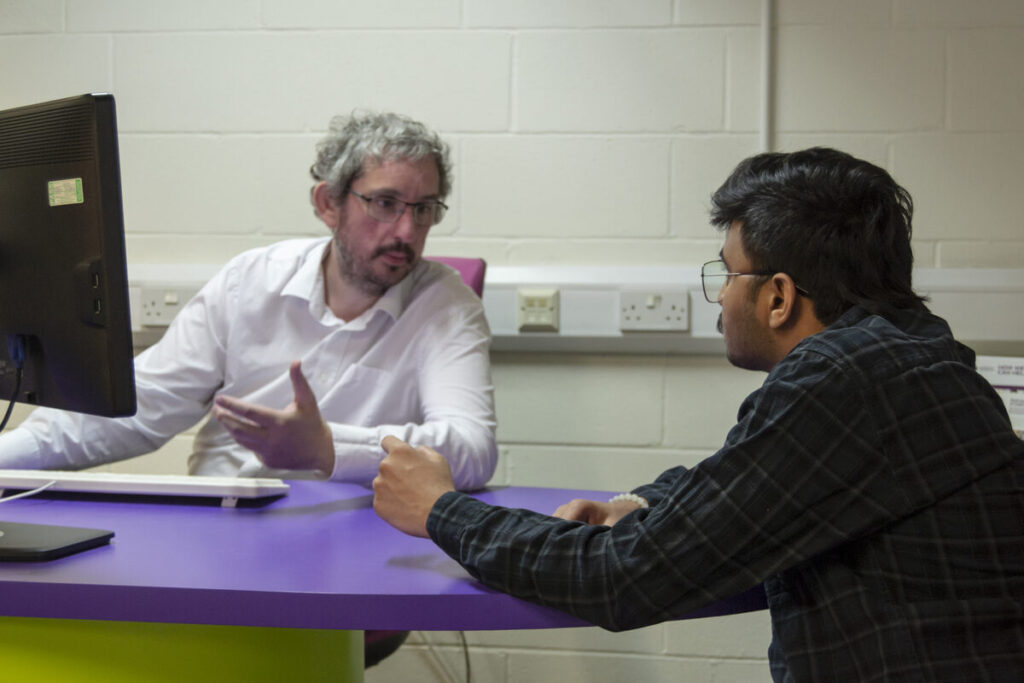Getting started with assignments

Finding everything you need to read for your assignment is something of an art. If you can’t find everything you want at first, try these expert tips to help you find precisely what you need.
Find the right words to describe what you are trying to find
Different authors will have described what you are looking for using different words. So the first thing to do is think up all the different words that someone might have used to describe what you are looking for. Break down your topic key ideas and then list all the different words that describe each idea.
Look where academic information lives
Thinking clearly about your search topic and working out all the ways it could have been described in the academic literature so that you look for all different forms of words that might describe it.
Looking in the right place
There is simply no point using Google when almost all the articles you are looking for are locked away where Google cannot find them! The Discovery Service is the best place to start looking for most courses. It finds encyclopedia entries, journal articles and more all in one place.
Finding just what you want
Finding thousands of results is all well and good, but no one has time to look through them all. Happily, you can get to the most relevant articles with a few mouse clicks. Limit your results to ‘peer-reviewed journal articles’ (which is the fancy way of saying just show me academic articles), then choose All filters, and on the right side, choose to see only articles from the last 5 or 10 years, and so on. Soon, you can end up with few enough results that you can look through them and choose which to read.
Happily, you don’t have to do this alone!
Doing anything for the first time is hard, and we don’t expect anyone to do it alone. Sit down with an expert librarian, bring your assignment if you have one, and let us walk you through getting started with the Discovery Service or any other resources you are interested in learning to use. We’ll even share the results with you afterwards.
You can’t ask for better than that, unless you consider that there is also always a librarian on hand 11 am – 3 pm every weekday (Monday-Friday) offering the same help. We can also help you to understand how referencing works and help you to cite and reference specific works using most of the University’s referencing styles. While we cannot advise on Chicago style referencing, the “Cite” button in the EBSCO Discovery Service will attempt to produce Chicago references – you just have to scroll down to the “Chicago 17 (Notes & Bibliography)” entry. As with everything, please check what is produced against the guidance you’ve been given by your departments.
We can also show you how to find licensed and copyright free images for use in your assignments, and even help you to evaluate to help you learn to use the Discovery Service and find the precise information for your current assignment. It’s amazing how quickly you can learn to become a search expert yourself to tackle future assignments with greater ease. And if you later come across something that stops you in your tracks, library staff will still be here to help!

Going further – getting specialised
Ask us about subject page resources! There are some deeply specialised resources that can be even more helpful for certain subjects. Looking for company and industry data, law reports, image, sound and video resources or clinical evidence? We’ve got you covered! Just ask about your subject pages and we can show you how to find information specific to your course.
Everything we offer in person you can get online – chat to us online or book a librarian for a more in-depth chat about finding or referencing information.
We look forward to seeing or hearing from you!




Leave a Comment (note: all comments are moderated)